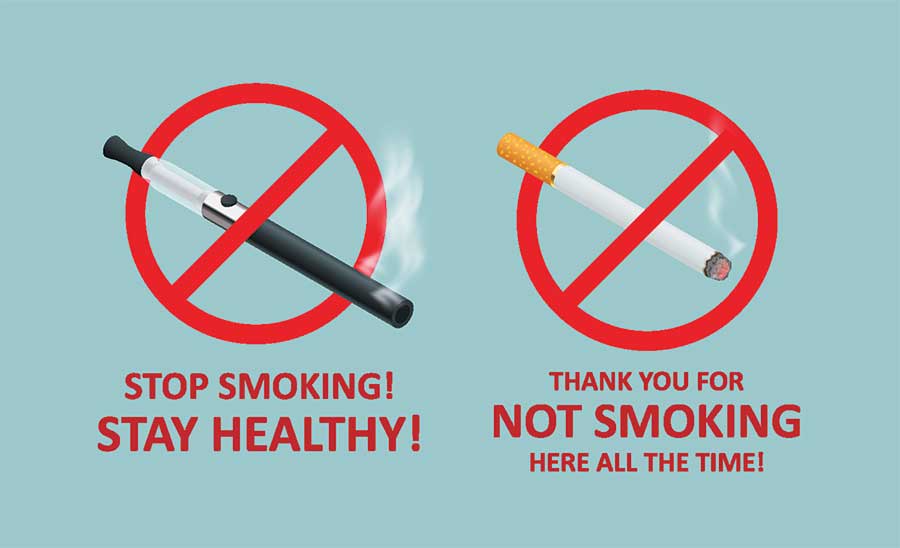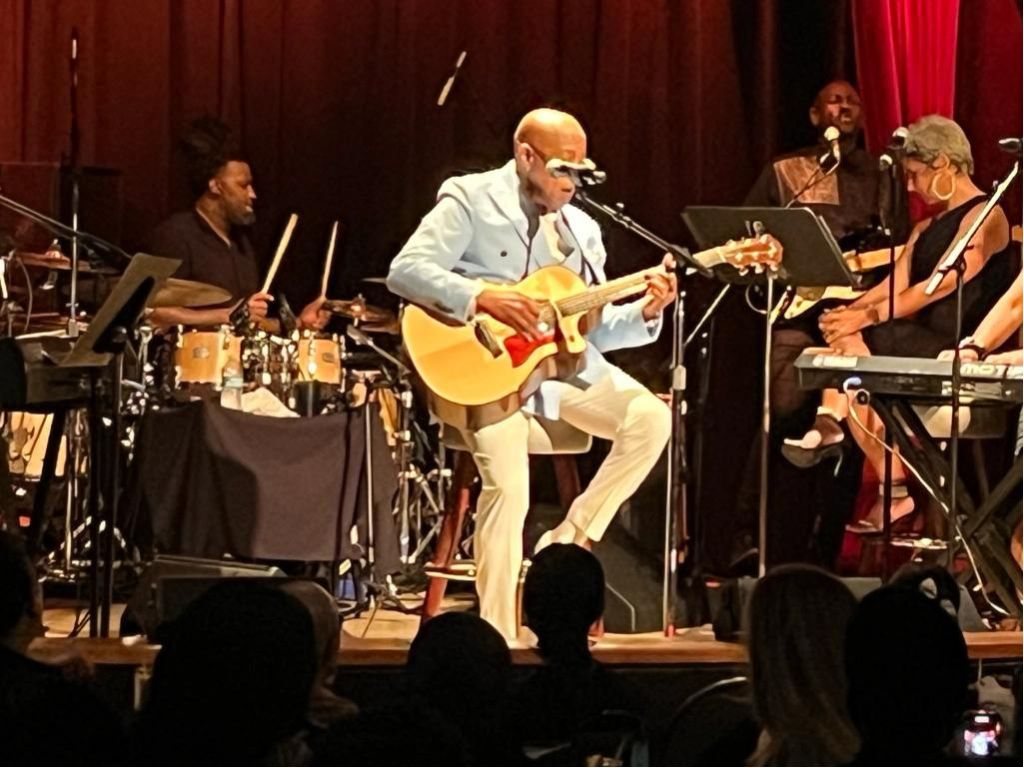
Flavored tobacco sales phaseout with California senate bill passing
By Contributing Writer, Kelby McIntosh
Three years ago, advocates for reducing smoking and vaping in California won a significant victory when they persuaded the state Legislature to adopt a ban on the sale of flavored tobacco products despite an intense industry lobbying campaign. The Senate Bill 793 bill to ban flavored tobacco passed early this year — what exactly does SB 793 do now that it is in effect in California?
“We know Big Tobacco has hidden behind smoke and lies for years to hook generations of young people on deadly tobacco products,” the California Coalition for Fairness said in a press statement.
On November 8, 2022, California voters passed Senate Bill 793, Flavored Tobacco Ban, introduced by Sen. Jerry Hill (D-San Mateo), who said the industry uses flavored tobacco to attract minors to smoke and vape. The decision by major anti-tobacco organizations to sit out another legislative fight reflects a broader disagreement among advocates about the best way to reach what they call the “endgame” of a tobacco-free future — and whether that should be their primary goal.
As of January 1, 2023, the law Newsom signed bans statewide for the retail sale of flavored tobacco products, including menthol and fruit flavors, and those used in electronic cigarettes. Concerns over the public backlash, political feasibility, and potential cuts to programs funded by tobacco taxes are all factors.
While Assembly Bill 935, introduced in February by Democratic Assemblymember Damon Connolly of San Rafael, would have taken the bold step of banning the sale of tobacco products, including cigarettes, cigars, and vaping liquid, to anyone born on or after January 1, 2007.
The legal smoking age in California is 21, so those who would have been affected by the measure aren’t able to buy tobacco from retailers for at least five more years anyway. A 2018 Centers for Disease Control and Prevention study found that 67% of high school students and 49% of middle school students who used tobacco products in the last 30 days reported using a flavored one.
The proposal would have created a whole generation of Californians prohibited from legally purchasing tobacco products, making it more difficult for them to start smoking or vaping. Black lawmakers have argued that the tobacco industry has targeted Black and Latino residents by marketing flavored tobacco products, causing disproportionate harm to their health.
“SB 793 criminalizes the sale of menthol cigarettes preferred by people of color and creates special exemptions for products preferred by the wealthy — allowing the sale of expensive flavored cigars and pipe tobacco, in addition to hookah remain legal,” the group said in its statement.

Dr. Phillip Gardiner, the Co-chair of the African American Tobacco Control Leadership Council (AATCLC), said, “I still think there needs to be more information on how menthol is the number one killer for African Americans.” Gardiner added, “The more we can get sensation services that are culturally appropriate and language-specific would help things move fasters in terms of saving money and lives.”
Supporters of the measure said they heard a range of objections as they tried to bring advocates into the fold, including that the bill needed to be more aggressive and go farther. In contrast, some groups worry that unintended consequences, such as pushing more tobacco sales into the black market, could reduce the overall movement to end smoking. Some see it as unjust to create a separate group of adults who cannot buy tobacco products while most still can.
“There’s not going to be one single legislative solution to the enormous problem that the tobacco industry has created over 500 years,” said John Maa, a Marin County physician, and anti-tobacco activist who testified in favor of AB 935. “I believe it will require a multi-pronged strategy.”
Others believe it would divert finite resources into a politically challenging fight at the Capitol and distract from a nascent local campaign to persuade cities to completely outlaw tobacco sales, which has already found success in Beverly Hills and Manhattan Beach.
“We’ve got to get public health to catch up with the public, and then we’ve got to get decision-makers to catch up with both,” Maa said.





